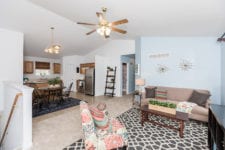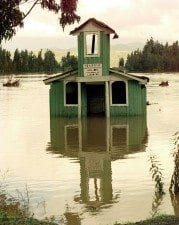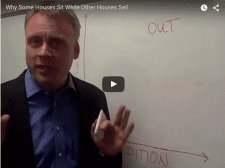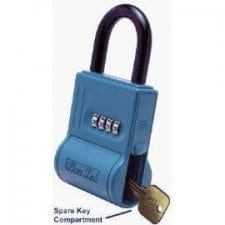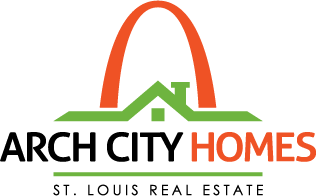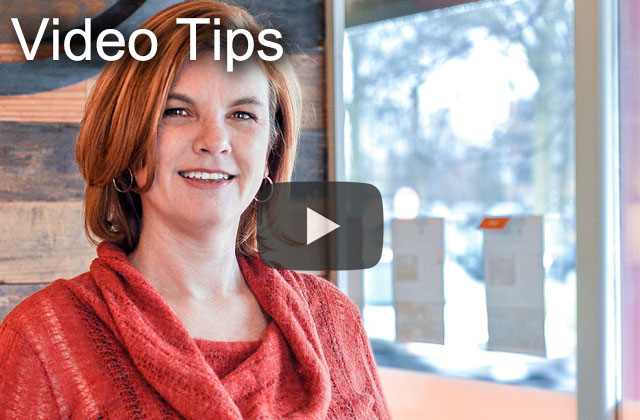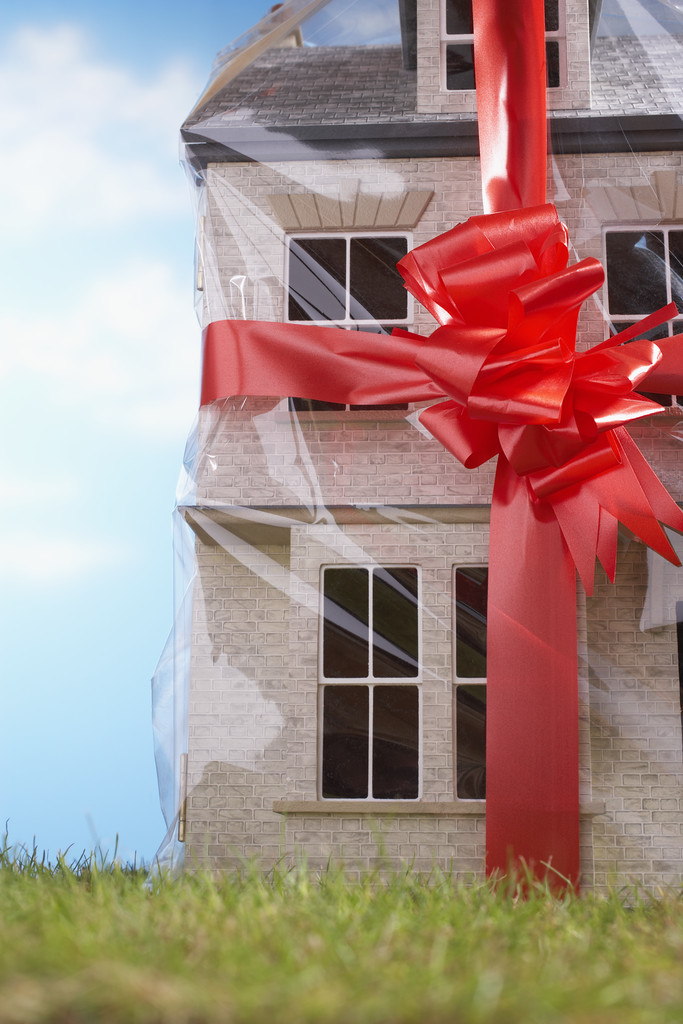 During the housing boom, a lot of people bought homes who really weren’t ready to be homeowners.
During the housing boom, a lot of people bought homes who really weren’t ready to be homeowners.
The blame lies both with the homeowners who got caught up in the buying frenzy without carefully considering if buying was right for them, and also with the media and real estate industry for telling people they were foolish to rent regardless of their personal situation.
Are You Ready to Buy a Home?
Just because you can get approved for a loan and can scrape together the 3.5% down payment, doesn’t mean you should be a homeowner.
If any of these conditions apply to you, maybe you should wait to buy your first (or next) home.
Don’t Be House Poor:
If covering the down payment and closing costs will wipe out most of your savings, you should think twice about buying a home.
Many of the people who lost their homes to foreclosure in recent years didn’t have a cash buffer in their savings account after closing. While the days of 100% loans are long gone, it’s still possible to buy a home with very little skin in the game. Buyers can have the 3.5% down payment on the FHA loan gifted by a qualified relative and have the seller cover the closing costs. IF you are doing this in order to ensure that you don’t wipe out your cash reserves with the purchase, then it can be a viable strategy. But if you are going this route because you don’t have any money in your savings account to start, you’re making a big mistake.
Whether you are covering the costs at the closing table yourself or getting the money from a relative and the seller, you need to have enough funds left in your bank account after closing to cover unexpected repairs and your bills if you would end up out of work unexpectedly.
Owning Takes More Work than Renting:
If you aren’t prepared to invest your time (and money) in maintaining a home, then you shouldn’t own one.
Owning a home means you need to educate yourself on what needs to be done to ensure its systems don’t wear out prematurely. You should plan to have your air conditioner serviced every spring, your furnace every fall, and clean your gutters every spring AND fall.
There are also a lot of other things that come up that you’ll need to pay attention to if you want your home to maintain its value. You need to keep any wood trim or siding painted. You need to seal cracks in driveways and patios to prevent the winter freeze & thaw cycle from deteriorating the concrete or asphalt. You’ll need to pay attention to broken shingles and soil erosion.
While owning a condo can eliminate most or all of the outside maintenance, you still need to be prepared to deal with plumbing issues, broken appliances and carpeting that will eventually need to be replaced. All of these things cost money.
In order to maintain the value of your home, you should plan to invest 1-3% of the value of your home into repairs and updates EVERY year. If you can’t do that, you need to keep renting.
Your Life is in Transition:
Many people who have been homeowners for a while make the mistake of jumping into a new purchase when life changes occur. Sometimes, these people really should consider renting until their life stabilizes.
If you are in the midst of a divorce or breakup, consider renting for a year until everything is finalized and you get a chance to get comfortable with your new single status.
If you are moving to a new city and are completely unfamiliar with the area, consider renting in the neighborhood you think you like best to be sure of the decision before committing to a home purchase. However, if you have children who will be attending public school, you probably need to just go ahead and make a decision rather than taking the chance that the kids will have to switch schools a 2nd time if you can’t find a house to purchase in the same boundaries.
If you think you might be moving out of the city in the next year or two and are currently renting, don’t buy a house unless you are willing to become a landlord. If you are willing to convert your home into a rental property when you move, then it can still make sense to buy. If becoming an out-of-town landlord is not appealing and you go ahead a purchase, you will probably lose money. Since homes historically appreciate 4% per year, and it can cost 1-2% in fees to purchase and 5-8% in costs to sell, most people will need AT LEAST 3 years just to break even. If you end up in a market where values are not climbing, or worse, are falling…you might end up needing to bring cash to the closing table to sell.
Of course, there are always exceptions. People moving for a job often know that they will only be in a city for 2-4 years before they end up with another transfer. Still, many are offered relocation packages that cover their closing costs for the purchase and the closing, and it would be foolish to rent in these cases as long as they have the cash reserves to cover maintenance issues.
Share our story….have you ever bought a home when you shouldn’t have?


